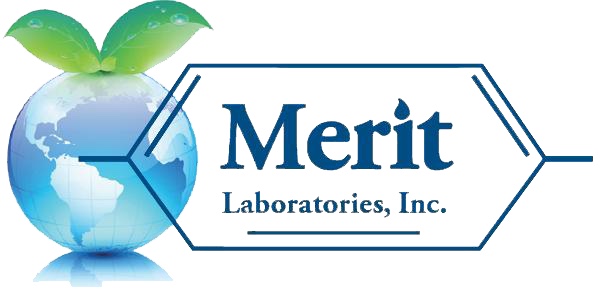Scientists and elected officials have expressed their concerns in a letter to the state Attorney General about Saint Gobain Performance Plastics (SGPP) and PFAS contamination in New Hampshire. The scientists and lawmakers provided a “summary of new information uncovered in connection with the litigation against Saint Gobain in other states” related to SGPP withholding information and misleading the state.
As background, the state entered into a Consent Decree with SGPP in 2018 related to PFAS groundwater contamination for an approximate 65-square mile area. The consent established a preliminary zone of pollution and an “outer boundary” where parties agreed PFAS pollution is presumptively attributable to SGPP. As part of the Consent Decree, SGPP reached an agreement with the state to provide safe drinking water to more than 300 properties in Southern New Hampshire, in addition to more than 450 properties that were already being addressed.
Based upon recent information, the group believes the zone of groundwater contamination should be larger than the 65 square mile area because SGPP may have withheld and misled the state about the amount of PFAS being used. In their letter to the Attorney General, the scientists and lawmakers “believe that these omissions constitute grounds for re-drawing the outer boundary and the preliminary groundwater management zone” that was designated in the 2018 Consent Decree. The group is also requesting “that the attorney general’s office investigate whether SGPP has, and continues to, mislead the State regarding the full extent of historic usage of PFAS at its Merrimack NH facility.”
New Hampshire has been a leader in addressing PFAS contamination, with some of the strictest enforceable drinking water standards for PFAS (PFOA, PFOS, PFNA, and PFHxS). The state initially established enforceable ambient groundwater quality standards (ACQS) in an emergency rule in 2016 and more stringent standards in 2019.
Merit Laboratories is a leading national PFAS environmental laboratory, analyzing drinking water, soil, wastewater, groundwater, and other sample matrices, including biosolids and sludge. Analytical methods performed by Merit for PFAS include drinking water by EPA 533, EPA 537.1, and EPA 537 rev. 1.1, biosolids by ASTM D7968-17 with Isotopic Dilution, and soil, wastewater, groundwater, and surface water by ASTM D7979-19 with Isotopic Dilution and ASTM D7968-17.

